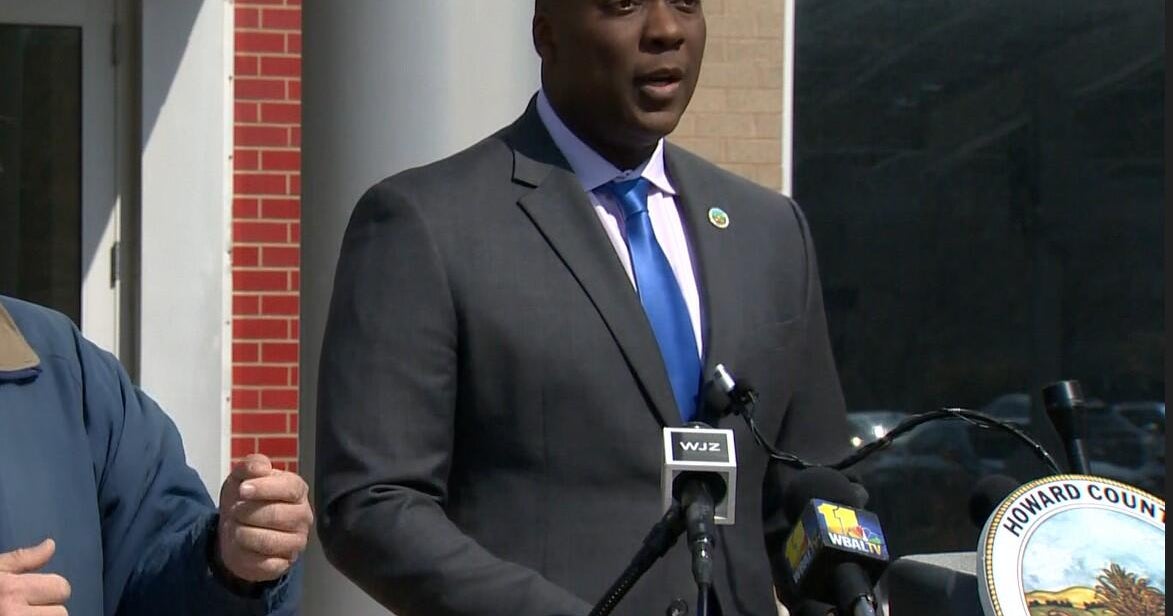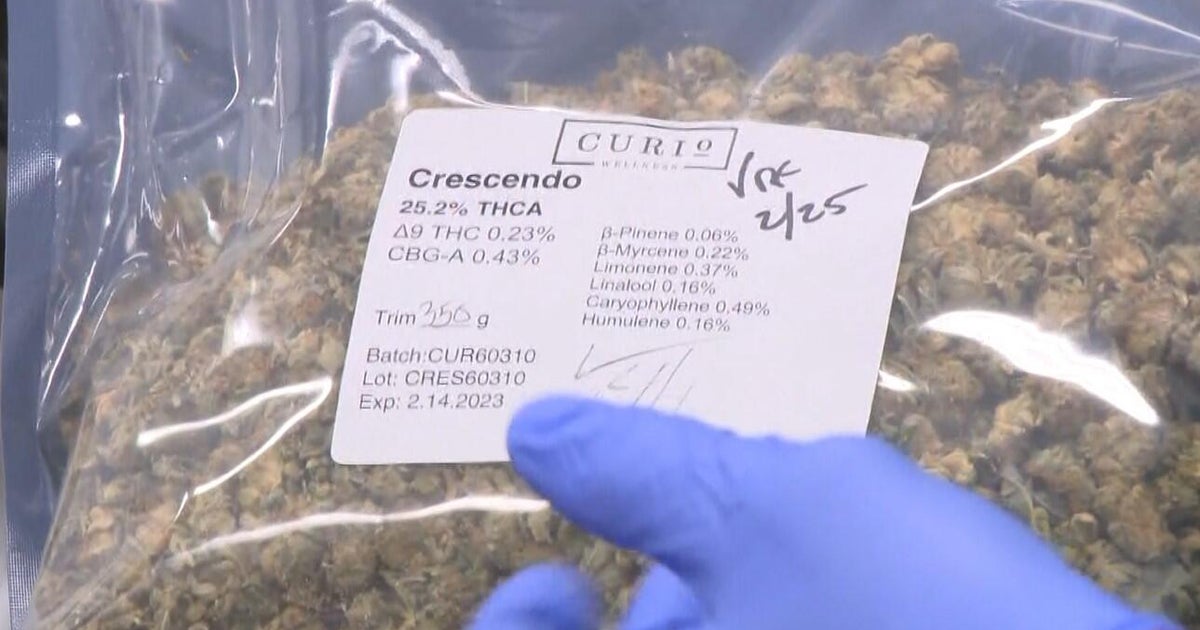New Federal Guidelines For School Discipline Puts Zero-Tolerance Policy In Time Out
BALTIMORE (WJZ)—The federal government rolls out sweeping guidelines designed to stamp out zero-tolerance policies at schools nationwide. Two top members of the president's cabinet visited one Baltimore school that found new ways to keep students in class.
Gigi Barnett has the details.
More suspensions mean more students staying at home. Education experts say this has a direct impact on graduation rates. Getting rid of zero-tolerance may be one solution.
Schools across the county are seeing an overuse of suspensions, expulsions, and in some cases, arrests.
And in Baltimore, school leaders routinely send kids as young as 4 and 5 years old home for minor violations.
It's a disturbing trend that's caught the attention of U.S. Attorney General Eric Holder and Secretary of Education Arne Duncan.
"Nationwide, as many as 95 percent of out-of-school suspensions are for non-violent misbehavior. I must ask: is putting children out of school the best solution, the best remedy for those problems?" Duncan said.
What's more, the suspension rate is highest among black and special needs students.
So, Duncan and Holder unveiled new federal guidelines Wednesday that would get rid of zero-tolerance and keep more of those students in class.
"We are not afraid to say that if you're a kid with a disability, if you're a kid of color, under these zero-tolerance approaches, you are unfairly likely to be suspended. That is a reality we have to confront," Holder said.
One Baltimore school on the frontlines of the issue is Frederick Douglass High School.
School leaders there dropped the suspension rate by more than 40 percent. Douglass students say most of their teachers are like counselors, helping them on personal issues that can hinder learning.
"Here we don't believe in just suspending you and sending you home. What's that going to resolve? You get into an altercation and then they send you home but it may have been something that was bothering you that day and you need to talk it out, but just sending you home isn't resolving anything," said De'Asia Ellis, student.
This is the first time any White House administration has issued these types of federal guidelines for schools. Both Holder and Duncan say this is not going to be a quick fix. One of the guidelines calls for the schools to create a positive environment, and that will take some time to accomplish.
Duncan and Holder say the guidelines are voluntary for schools, and there is no deadline for schools to change its zero-tolerance policies.
Other Local News:



